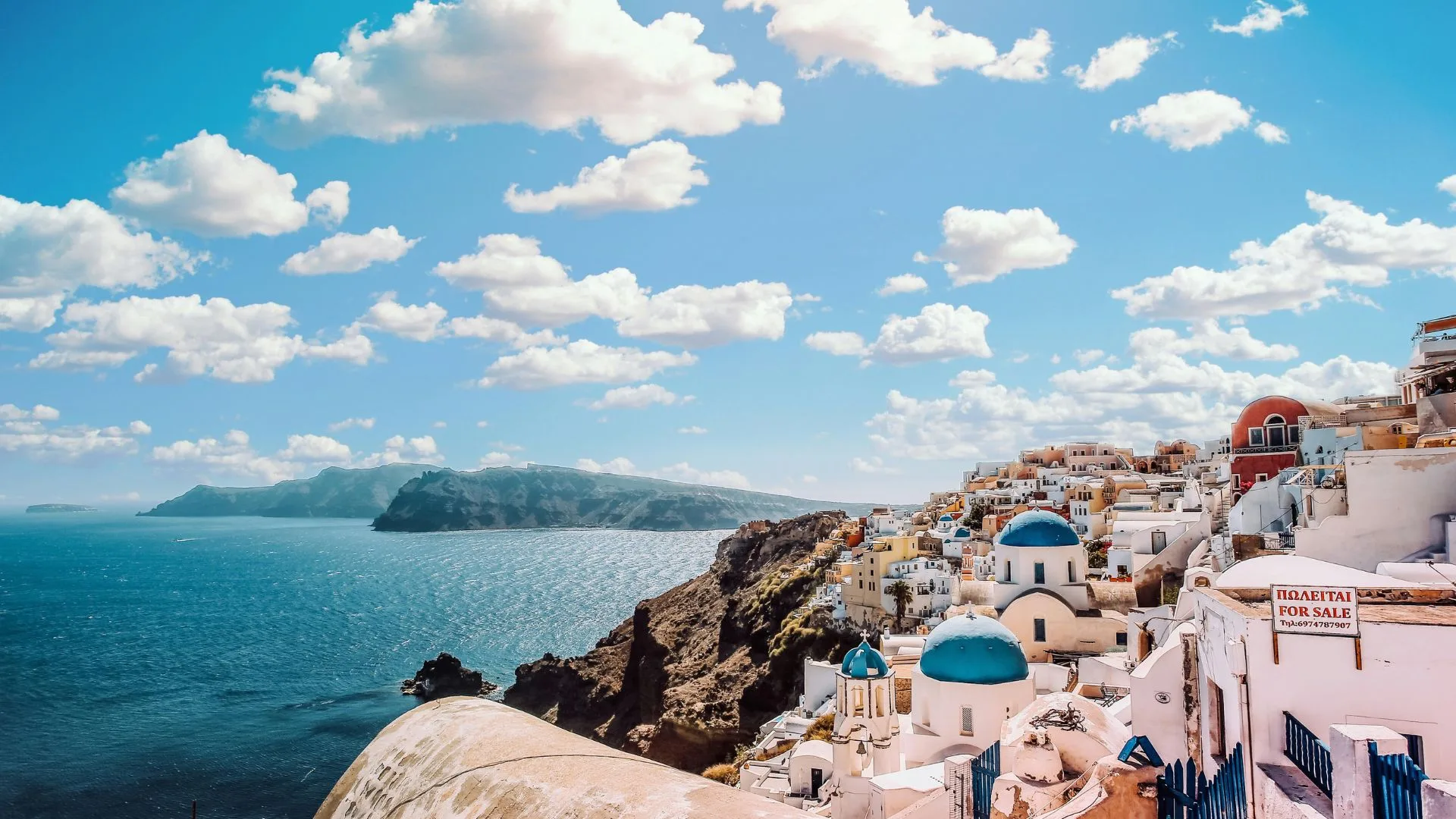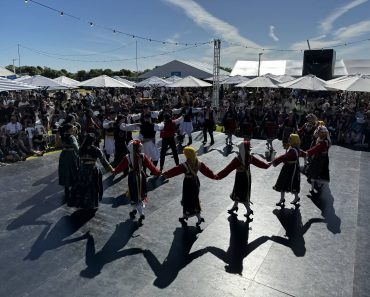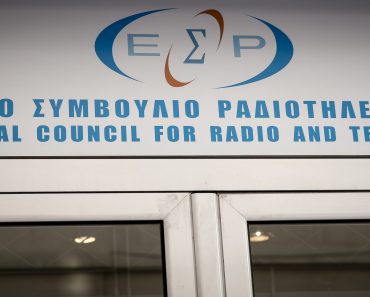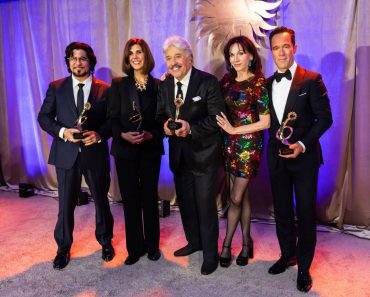TEHRAN – The UNESCO-Piraeus intercultural festival, featuring participants from 20 countries and cultural groups from across Greece, recently took place at the Melina Mercouri Hall in the Peace and Friendship Stadium.
Among the highlights was the booth representing the Islamic Republic of Iran, which captivated visitors with an array of traditional Iranian arts, crafts, and cultural offerings, ISNA reported.
Iran’s display showcased exquisite handicrafts, including minakari (enamel work), khatamkari (marquetry), and ghalamkari (hand-painted textiles), among other works, reflecting the rich heritage of Iranian artistry.
Visitors were further charmed by a selection of traditional Iranian sweets, such as Gaz, Sohan, and Baklava, which received widespread acclaim for their unique flavors, the report said.
Another feature of Iran’s participation was the promotion of cultural and media initiatives. A standout attraction was an Iranology platform presented in Greek, offering comprehensive information about Iran’s history, culture, and civilization.
The booth also featured a section on Iranian cinema, providing insights into the nation’s celebrated film industry. Visitors were introduced to a number of renowned works of Iranian cinema, broadening their appreciation of the country’s contributions to the seventh art.
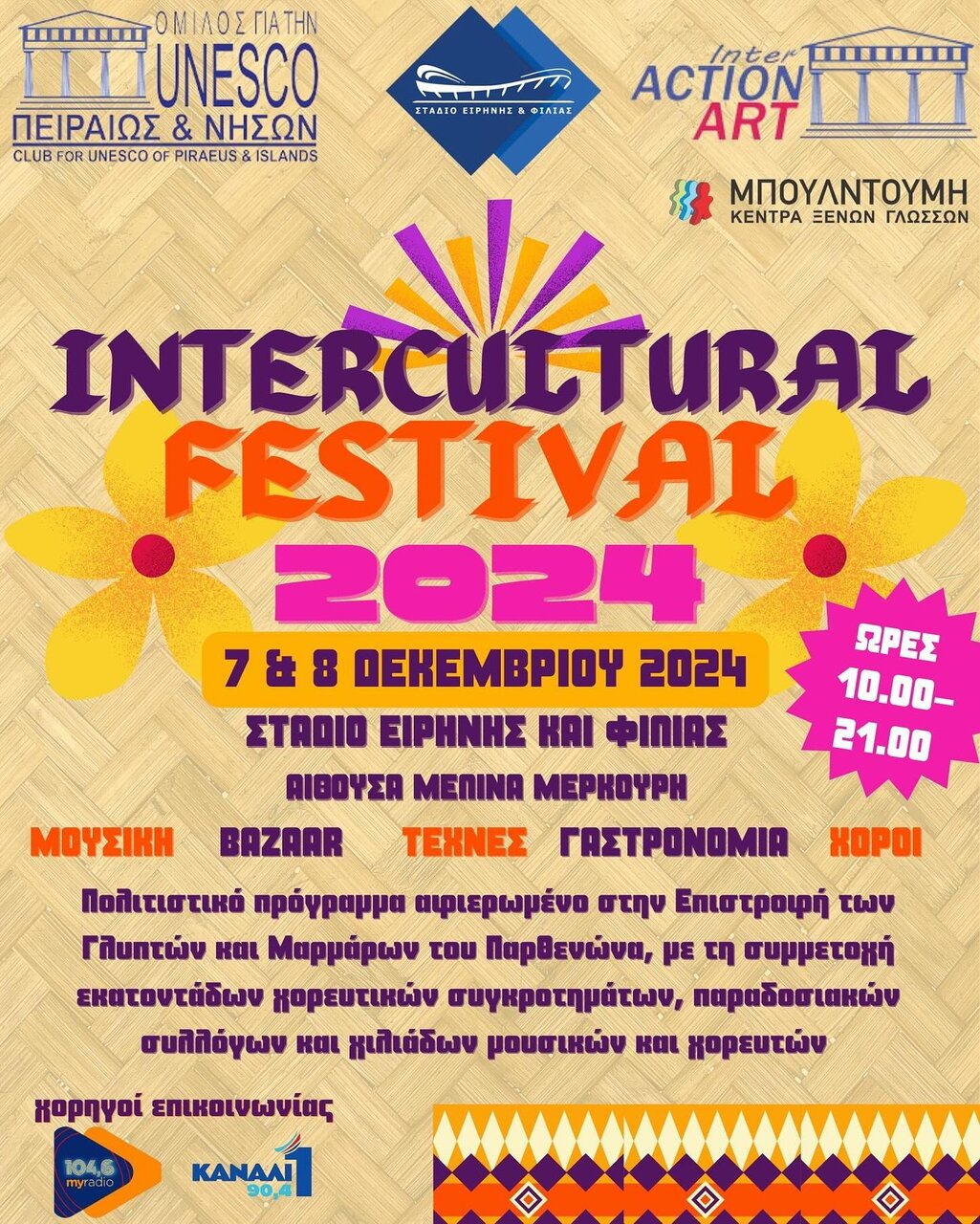
A musical performance by an Iranian expatriate living in Greece added another layer of cultural engagement. A solo santur recital captivated audiences, with the musician blending traditional Iranian compositions with select pieces from Greek music. This harmonious fusion offered a unique experience that resonated deeply with attendees.
Adding to the visual appeal of Iran’s booth was a large banner blending images of Iran’s historical and religious landmarks, which served as a popular backdrop for commemorative photographs, the report added.
According to organizers, the festival was a vibrant showcase of cultural diversity, featuring over 100 artistic groups from Greece and participating nations. These groups performed a variety of traditional music and folk dances, reflecting the richness of their respective cultural traditions.
Organized by the UNESCO Club of Piraeus and Islands in collaboration with the international organization Action Art and the Peace and Friendship Stadium, the event underscored the importance of cultural exchange in fostering unity and appreciation among diverse communities.
The festival was held on December 7 and 8.
AM



